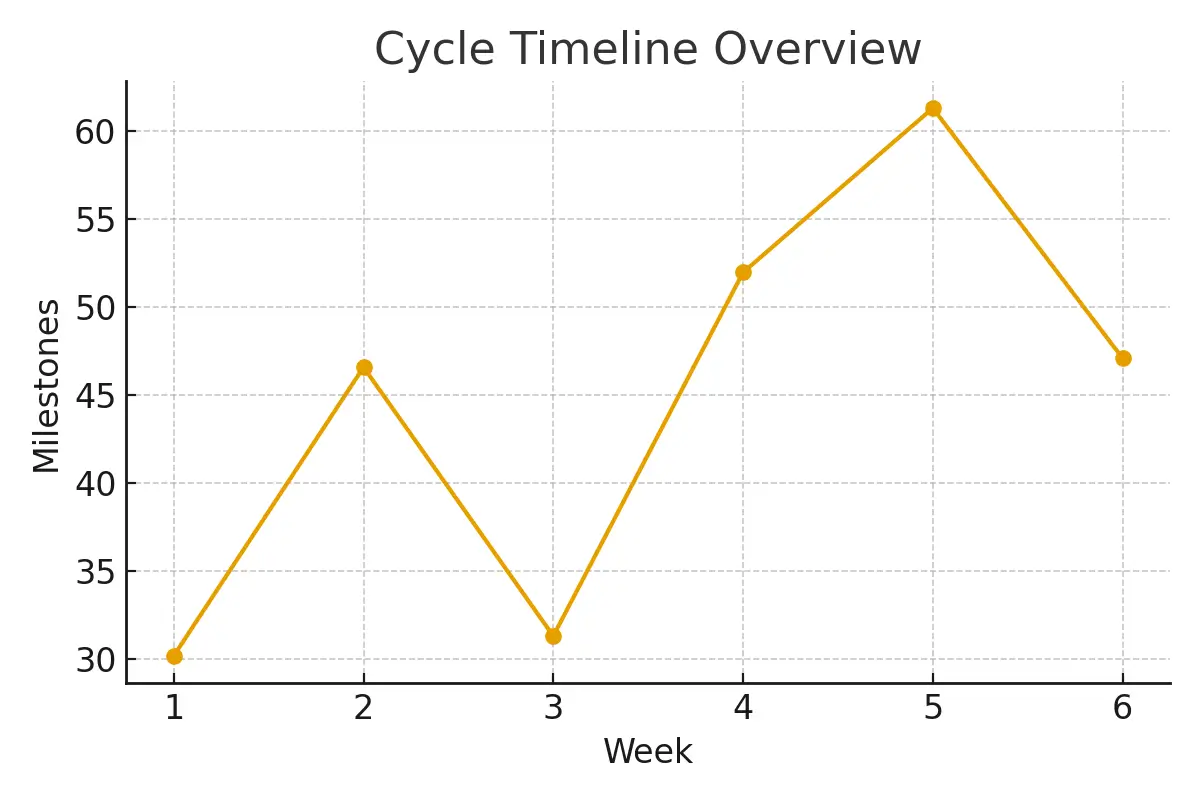
When it comes to IVF and fertility treatments, few stages are surrounded by as much confusion as implantation. Many hopeful parents in NYC and beyond believe myths about timing, diet, or bed rest that can lead to unnecessary stress and misplaced expectations.
This blog explores the top 10 implantation myths (debunked)—helping patients navigate this key stage of their IVF journey with clarity. You’ll learn what truly affects success rates, what influences costs, and how to make informed decisions that simplify your path to parenthood.
Understanding Implantation and Its Role in IVF
Definition and Journey Fit
Implantation is the process where a fertilized embryo attaches to the uterine lining, initiating pregnancy. Within the IVF journey, this occurs after embryo transfer and before the first positive pregnancy test. While it’s a critical moment, it’s often misunderstood — implantation isn’t purely about luck but about preparation, timing, and biology.
Myth #1: Implantation Happens Instantly
Fact: It usually occurs 6–10 days after fertilization. Delays don’t always mean failure.
Recognizing Eligibility Signals and When to Pause or Escalate
Not every cycle is ideal for implantation. Some patients may benefit from delaying transfer for better endometrial preparation or hormonal balance.
Myth #2: More cycles always mean higher success
Fact: Quality over quantity matters. Taking time to optimize lining, sperm health, and embryo grading can actually improve your long-term success rates.
Myth #3: Implantation failure means infertility
Fact: Repeated failures don’t always point to infertility — factors like timing, immune response, or endometrial receptivity can be adjusted.
The Step-by-Step Implantation Process
Timing Checkpoints
- Fertilization and Embryo Growth: Usually days 1–5 in the lab.
- Embryo Transfer: Typically on day 3 or 5, guided by ultrasound.
- Implantation Window: The ideal uterine environment forms between days 6–10.
- Beta hCG Test: Confirms pregnancy 10–12 days after transfer.
Myth #4: Bed rest ensures success
Fact: Light activity and normal movement improve blood flow — complete rest can actually hinder recovery.
Pros, Cons, and IVF Costs Explained
Practical Costs and Line-Item Examples
The costs of IVF in NYC can vary widely, from $12,000–$20,000 per cycle, depending on the clinic and add-ons such as:
- Medications: Hormone injections or stimulation drugs.
- Genetic Testing: Optional, for embryo selection.
- Anesthesia: Used during egg retrieval.
- Lab Procedures: Embryo culture and freezing.
Myth #5: The most expensive clinic guarantees the best results
Fact: High prices don’t always reflect better care. Success depends on lab quality, medical expertise, and personalized monitoring.
Controllable vs. Monitor-Only Factors
Certain implantation success drivers are within your control—like nutrition, stress management, and medication adherence. Others, such as embryo quality or genetic normality, are primarily monitored.
Myth #6: You can “boost” implantation with supplements alone
Fact: A balanced lifestyle supports implantation, but no supplement guarantees success.
Smart Questions to Ask Your Clinic
When meeting your fertility specialist, focus on understanding the process and setting realistic expectations. Ask:
- How do you determine the best transfer timing?
- What are your success rates for my age group?
- What’s included in the quoted IVF costs?
- How does your clinic monitor endometrial receptivity?
Myth #7: All clinics follow the same protocols
Fact: Customization matters. Personalized cycles often yield higher success.
Insights from Experts
“Protect timing and keep plans simple—quality improves when noise goes down.”
— Clinical Team
Myth #8: More treatments always mean better outcomes
Fact: Simplifying your plan and focusing on the essentials often enhances both predictability and success.
Real Patient Journey
A couple in NYC transitioned from confusion to clarity after aligning their testing, medication timing, and expectations. The results? Improved predictability and a successful transfer on their third cycle.
Myth #9: One failed implantation means starting over
Fact: Adjustments—not restarts—are usually enough. Each cycle builds data for future success.
Testimonials
- “The steps finally made sense.” — A.&J., Manhattan
- “Costs were clear; no surprise bills.” — L., Hoboken
- “Nurses replied fast with practical coaching.” — K.&V., Queens
Final Insight: Simplify, Track, and Trust the Process
Cycle management, male factor optimization, endometrial preparation, and insurance pre-authorization all shape your overall outcomes. Keeping your approach data-driven but emotionally grounded ensures smoother care and realistic progress.
Myth #10: IVF success is unpredictable
Fact: While no clinic can promise pregnancy, strategic timing, emotional stability, and expert monitoring can dramatically improve outcomes.
Next Steps with Surrogacy4All
At Surrogacy4All, we help intended parents navigate every step of the IVF and fertility journey—from cycle planning to embryo transfer—ensuring transparency, emotional support, and evidence-based care. If you’re exploring IVF in NYC, connect with our specialists today for personalized insights on costs, success rates, and treatment timelines.
Frequently Asked Questions (FAQs)
Q: What affects IVF success rates the most?
Ans: Embryo quality, endometrial health, and timing during the implantation window have the biggest impact on success.
Q: How much does IVF cost in NYC?
Ans: IVF costs typically range from $12,000 to $20,000 per cycle, excluding medications and genetic testing.
Q:How long is a typical IVF patient journey?
Ans: From initial consultation to embryo transfer, it usually takes 6–8 weeks, depending on your treatment plan.
Q: Can lifestyle changes improve fertility?
Ans: Yes. Balanced nutrition, exercise, and reduced stress can enhance reproductive health and hormonal balance.
Q: Why choose Surrogacy4All for fertility care in NYC?
Ans: We combine advanced fertility technology with compassionate guidance, offering transparent pricing, top-tier labs, and high success rates.

Dr. Kulsoom Baloch
Dr. Kulsoom Baloch is a dedicated donor coordinator at Egg Donors, leveraging her extensive background in medicine and public health. She holds an MBBS from Ziauddin University, Pakistan, and an MPH from Hofstra University, New York. With three years of clinical experience at prominent hospitals in Karachi, Pakistan, Dr. Baloch has honed her skills in patient care and medical research.





